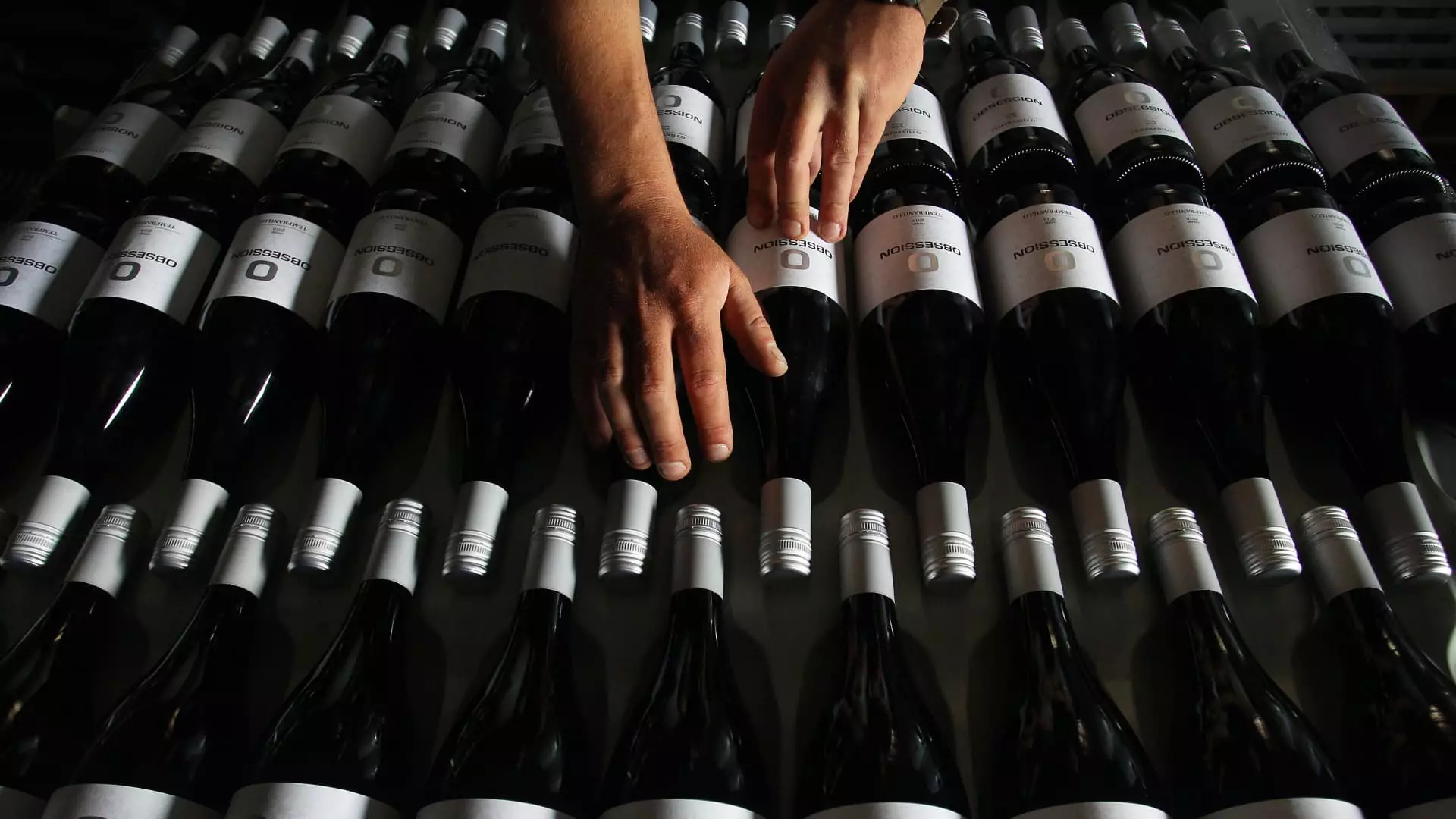Australia’s Trade Minister, Don Farrell, has expressed the country’s intention to diversify its trading relationship with China while maintaining the current level of trade flows. In a recent interview with CNBC, Farrell emphasized the importance of stabilizing the relationship with China while also exploring opportunities to expand trade with other countries, particularly those with which Australia has free trade agreements. This strategy aligns with Australia’s aim to reduce its reliance on any single trading partner and mitigate potential risks.
Australia has established trade agreements with over 20 countries and aims to negotiate for more to enhance its diversification efforts. By focusing on countries within the European Union bloc, Australia seeks to tap into new markets and create additional trading opportunities. While trade with China remains significant, Australia recognizes the value of broadening its horizons and building mutually beneficial relationships with a range of trading partners.
To further strengthen its trade ties with China, Australia is engaged in a dialogue to eliminate the tariffs imposed on Australian wine imports in March 2021. These tariffs, along with those on various other Australian exports, were implemented during a period of diplomatic tensions between the two countries. However, Farrell remains optimistic about the future, anticipating a successful visit by Australian Prime Minister Anthony Albanese to China. The trip, scheduled for November 2022, will be the first visit by an Australian prime minister to China since 2016.
Australia also values its trading relationship with Taiwan. Farrell highlighted that both countries share a robust trading relationship, and Australia’s trade with Taiwan is expected to grow under the Albanese government. In particular, Australia is experiencing an increase in wine sales to Taiwan, which has become Australia’s fifth-largest merchandise export market. This positive trend highlights the potential for further collaboration and growth between the two nations.
Despite the collapse of negotiations for a free trade agreement with the European Union, Australia remains committed to pursuing a mutually beneficial agreement. Farrell emphasized Australia’s desire for an agreement with the EU, but not at any cost. The main sticking point lies in the access to European agricultural markets for Australian goods. Australia seeks fair terms that would allow its agricultural products to compete on a level playing field in the European market.
Australia aims to create a more diversified trading relationship with China while maintaining current trade flows. With a focus on expanding trade agreements with countries in the European Union bloc and resolving tariff issues with China, Australia is actively working towards reducing its dependence on any single trading partner. Additionally, Australia seeks to strengthen its trade ties with Taiwan and pursue a fair and mutually beneficial trade agreement with the European Union. These efforts align with Australia’s long-term goals of economic resilience and sustainable growth in its international trade relationships.


Leave a Reply